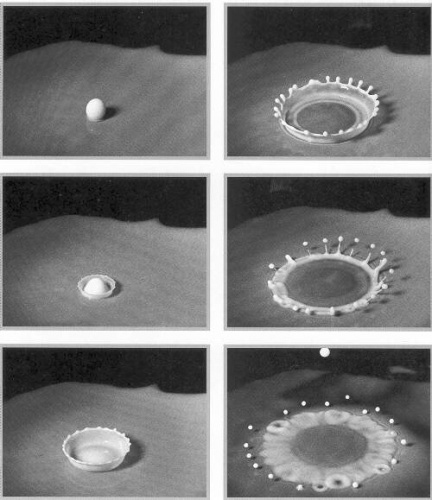"“In the 17th century, conversation exploded,” said Anaïs Saint-Jude, director of Stanford’s BiblioTech program. “It was an early modern version of information overload.”
The Copernican Revolution, the invention of the printing press, the exploration of the New World – all needed to be digested over time. There was a lot of catching-up to do. “It was a dynamic, troubling, messy period,” she said.
Public postal systems became the equivalent of Facebook, Twitter, Google+ and smartphones. Letters crisscrossed Paris by the thousands daily. Voltaire was writing 10 to 15 letters a day. Dramatist Jean Racine complained that he couldn’t keep up with the aggressive letter writing. His inbox was full, so to speak."
Via Howard Rheingold, Abel Revoredo



 Your new post is loading...
Your new post is loading...









